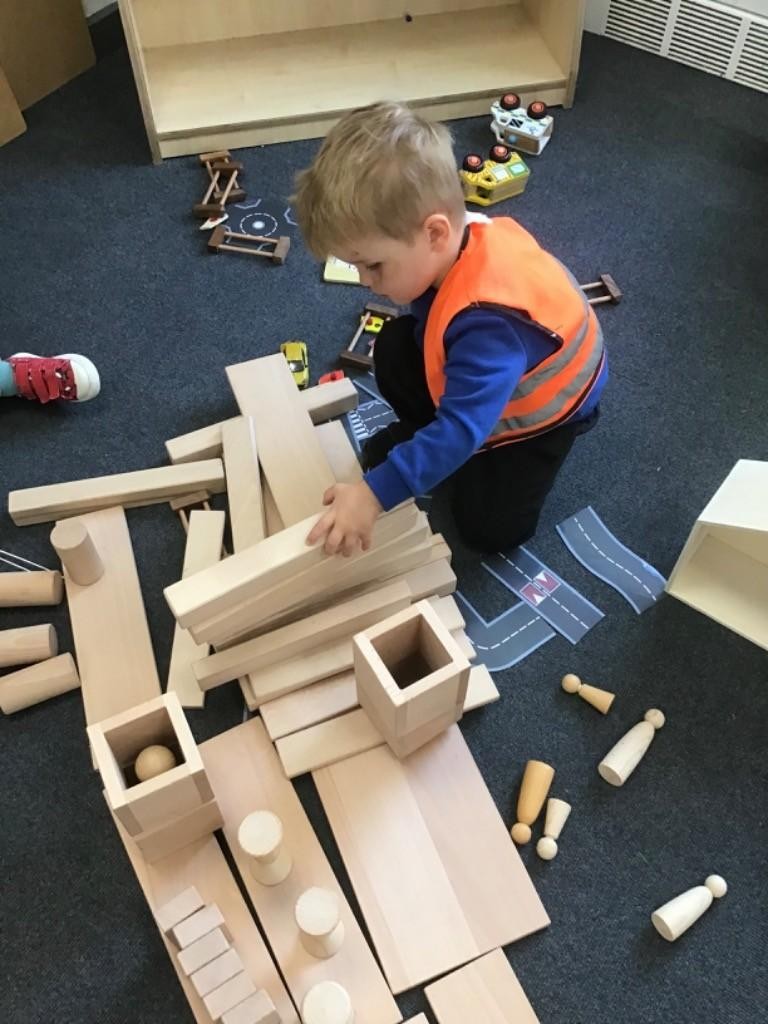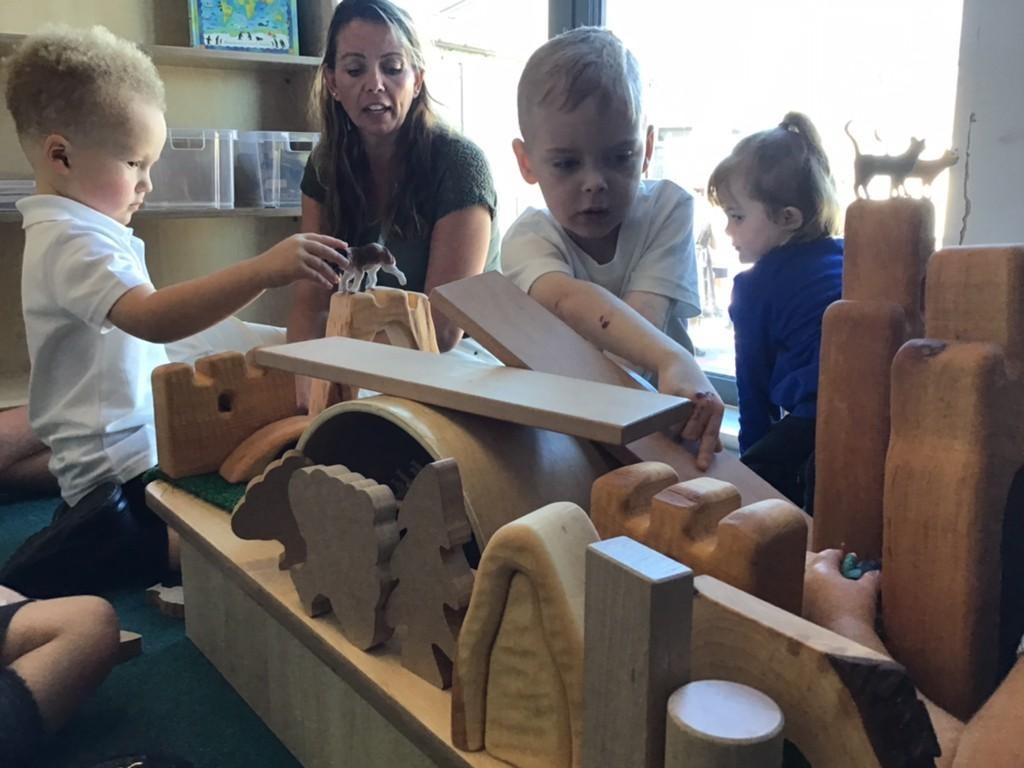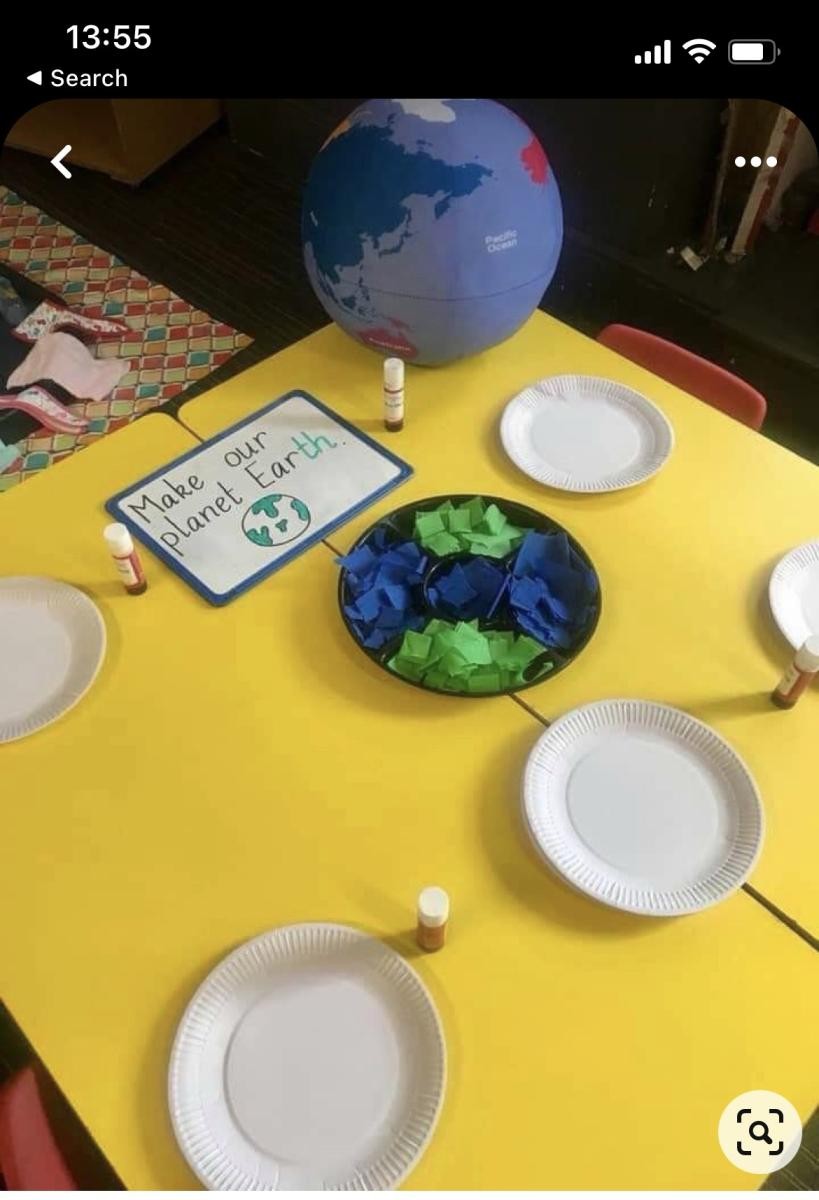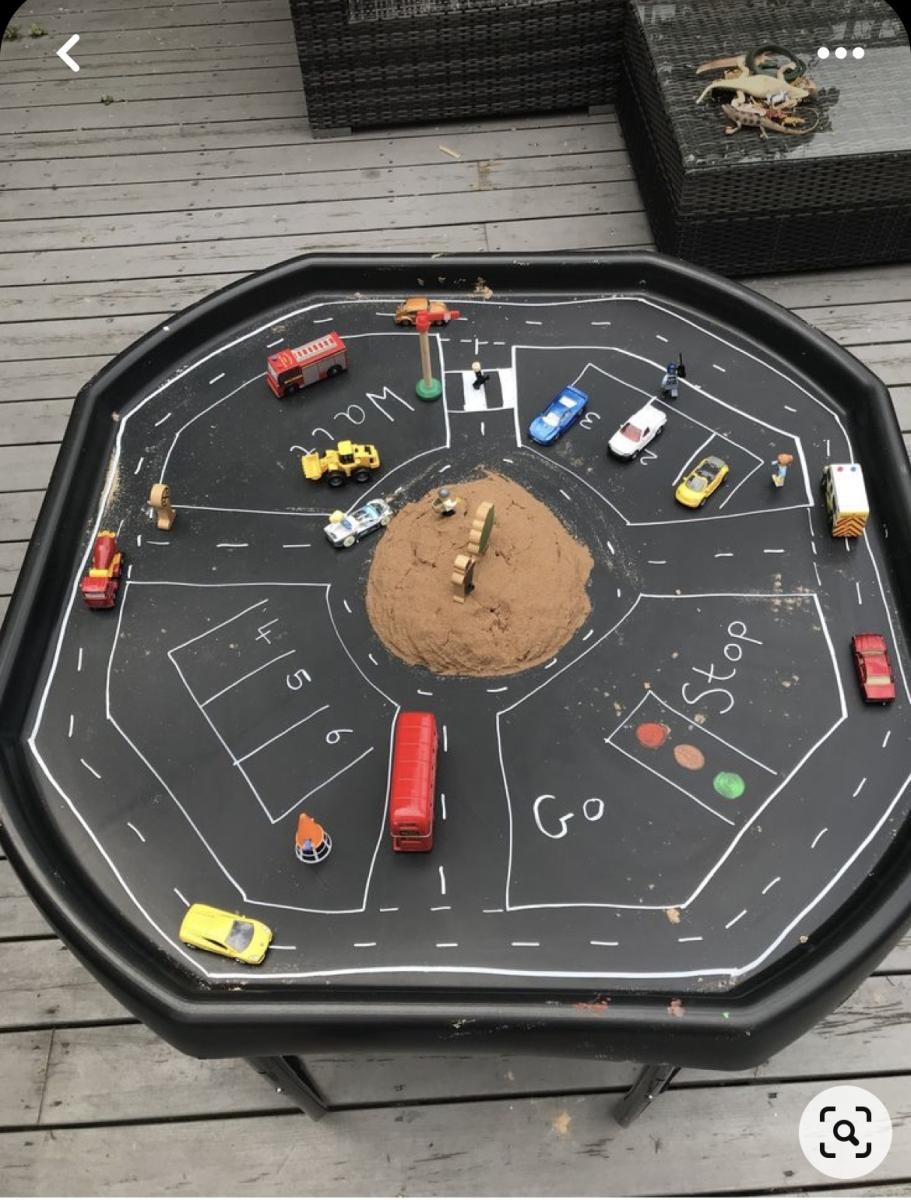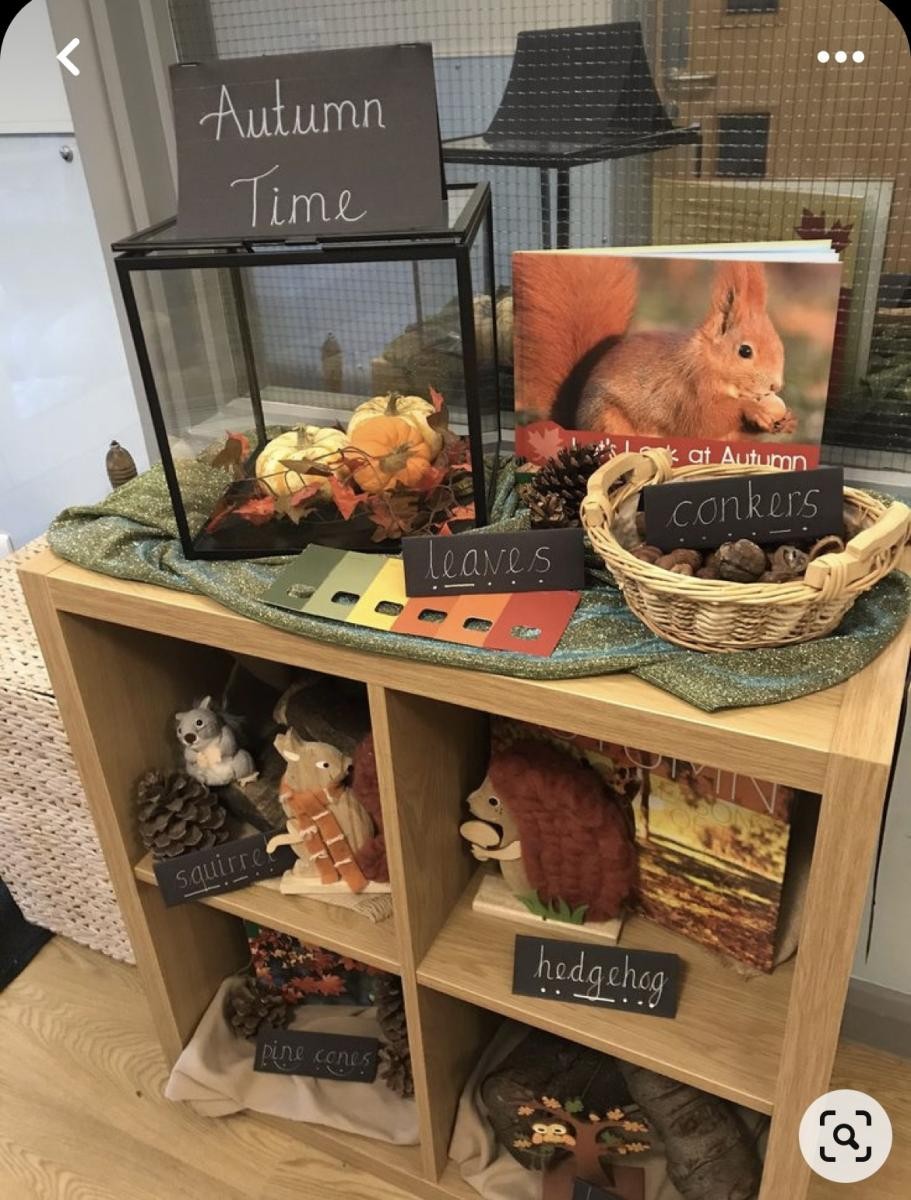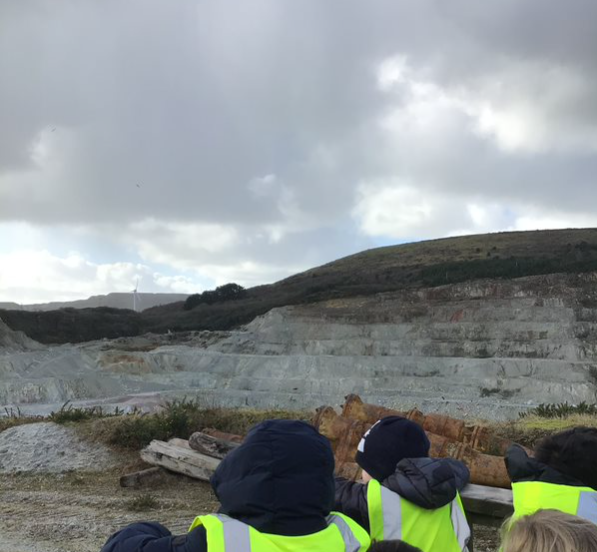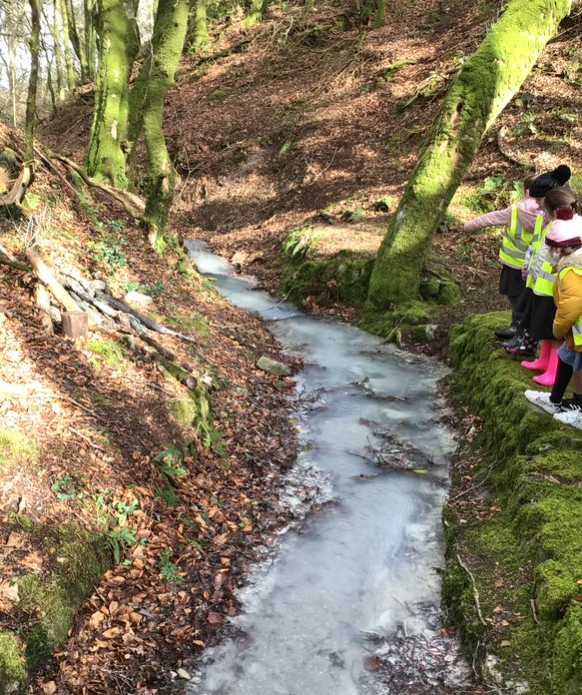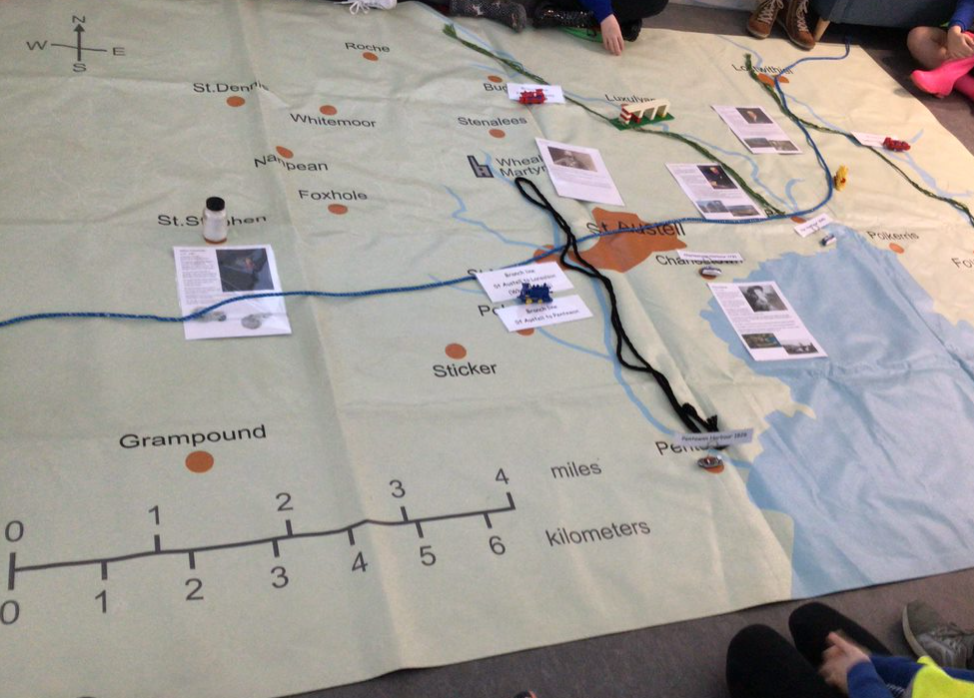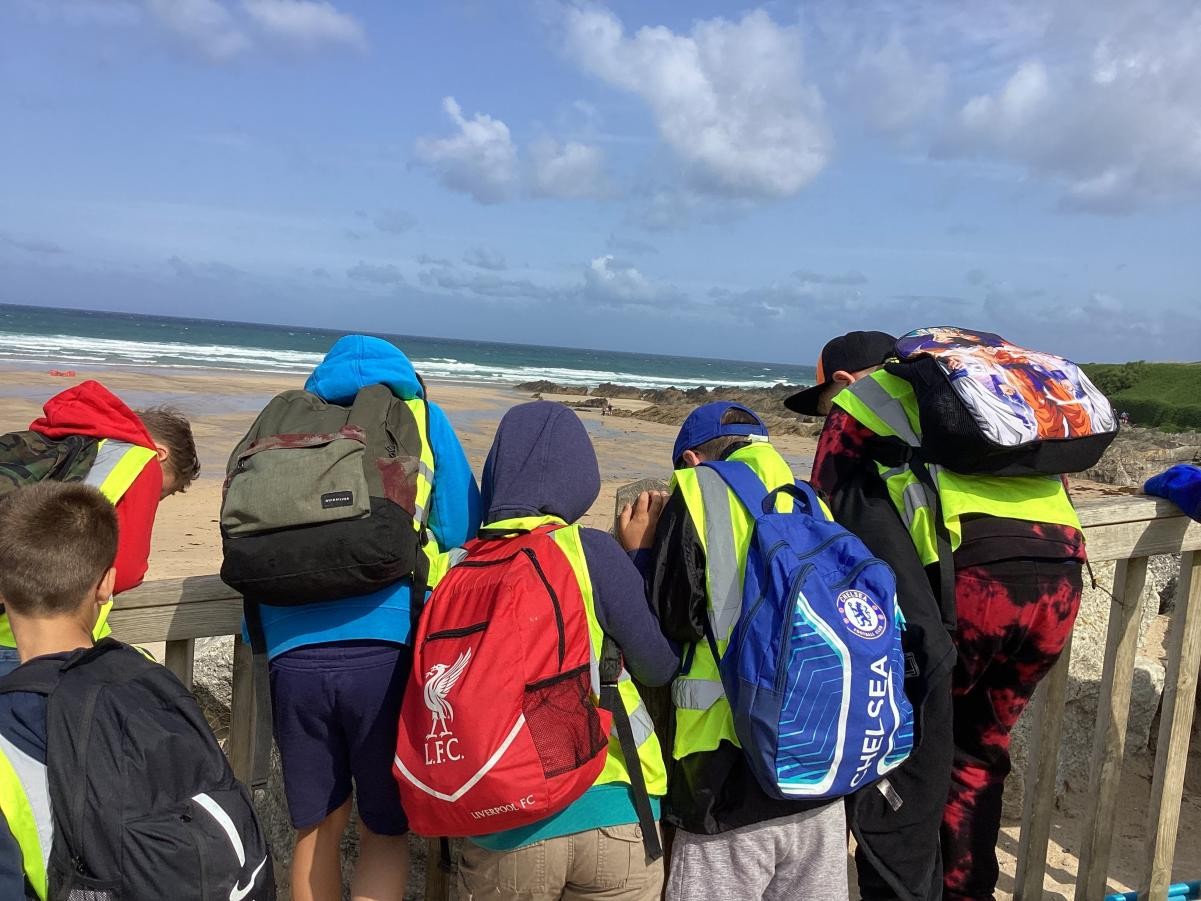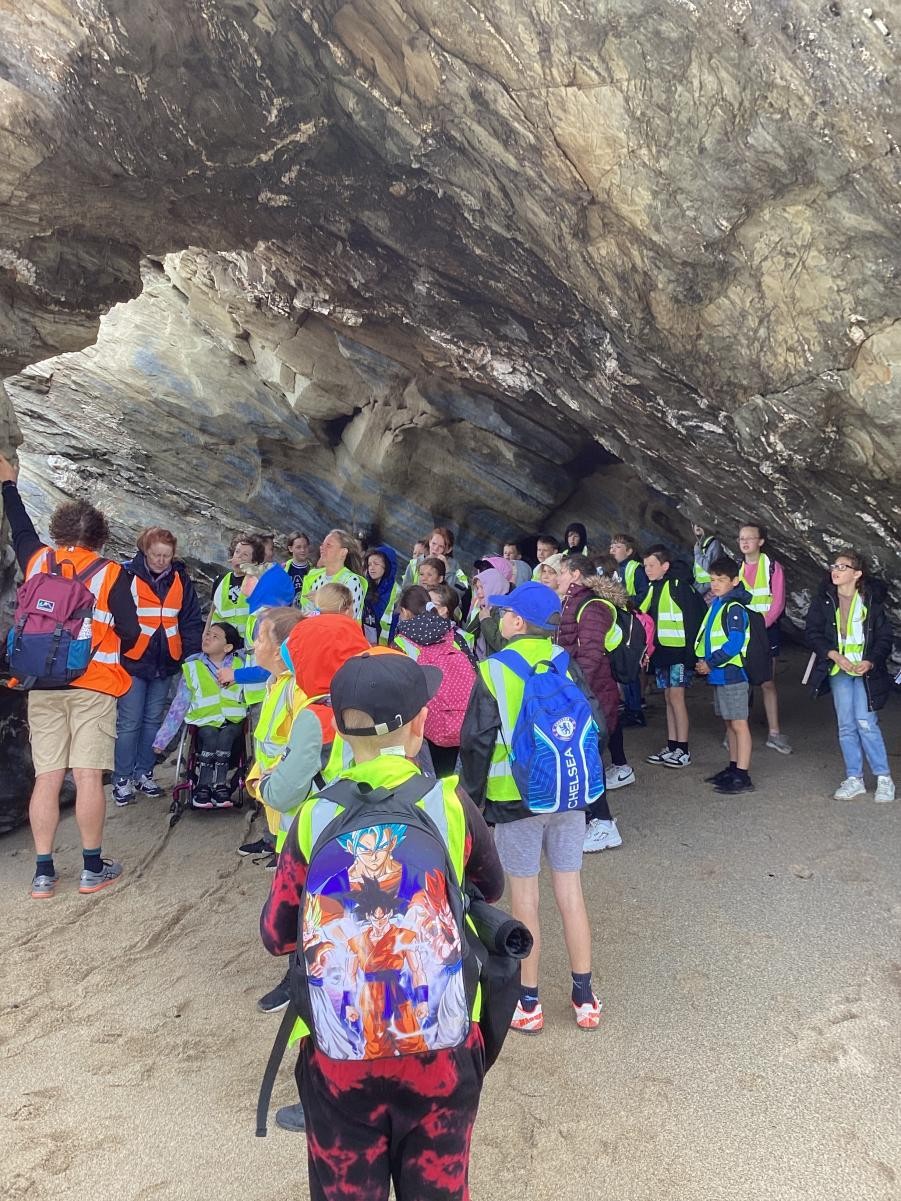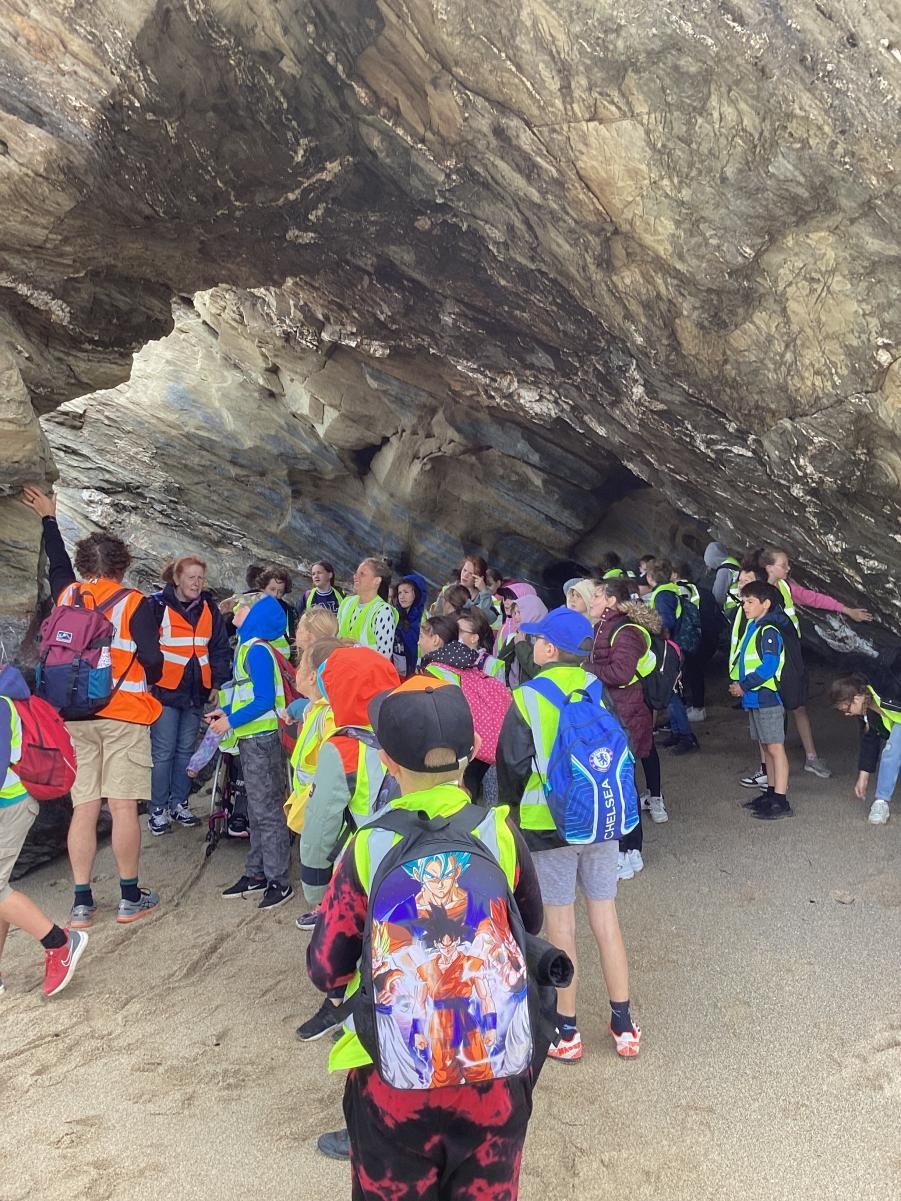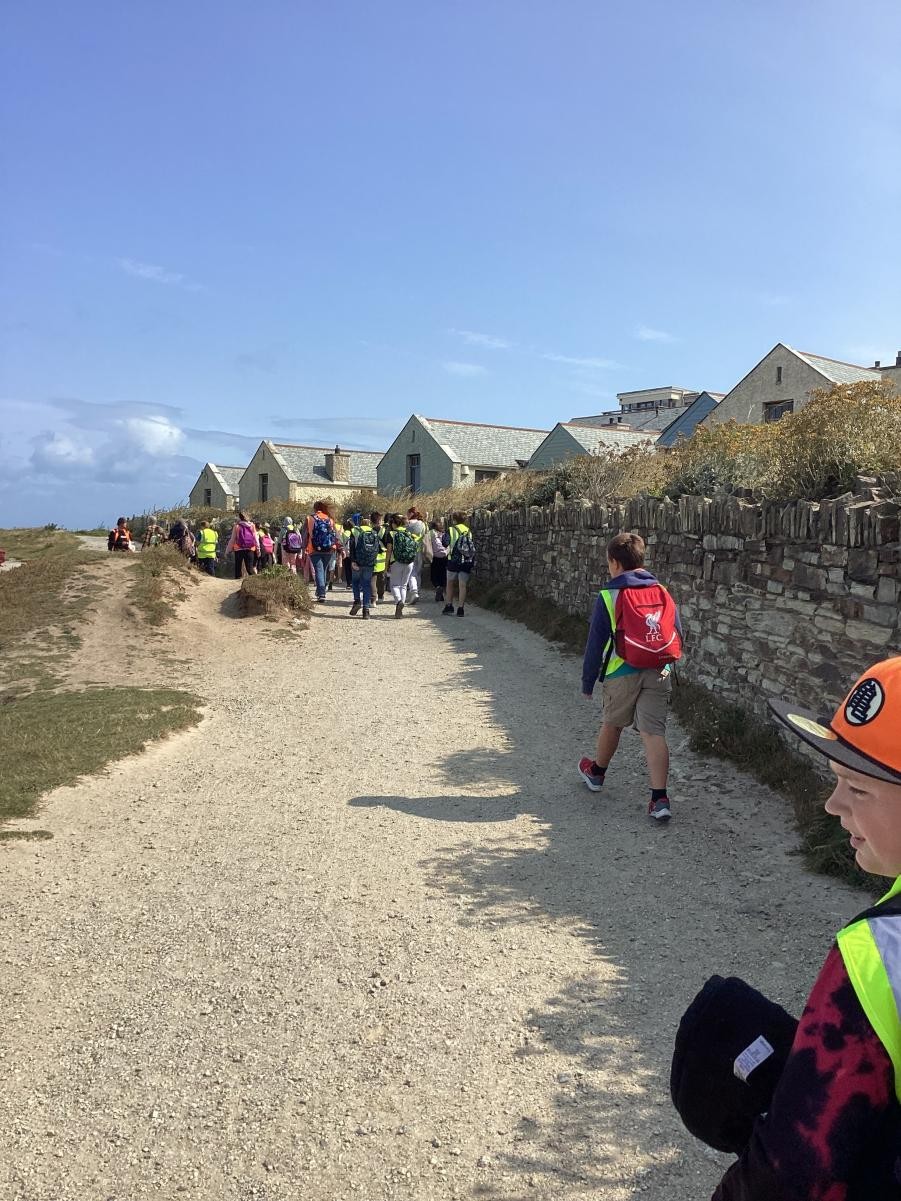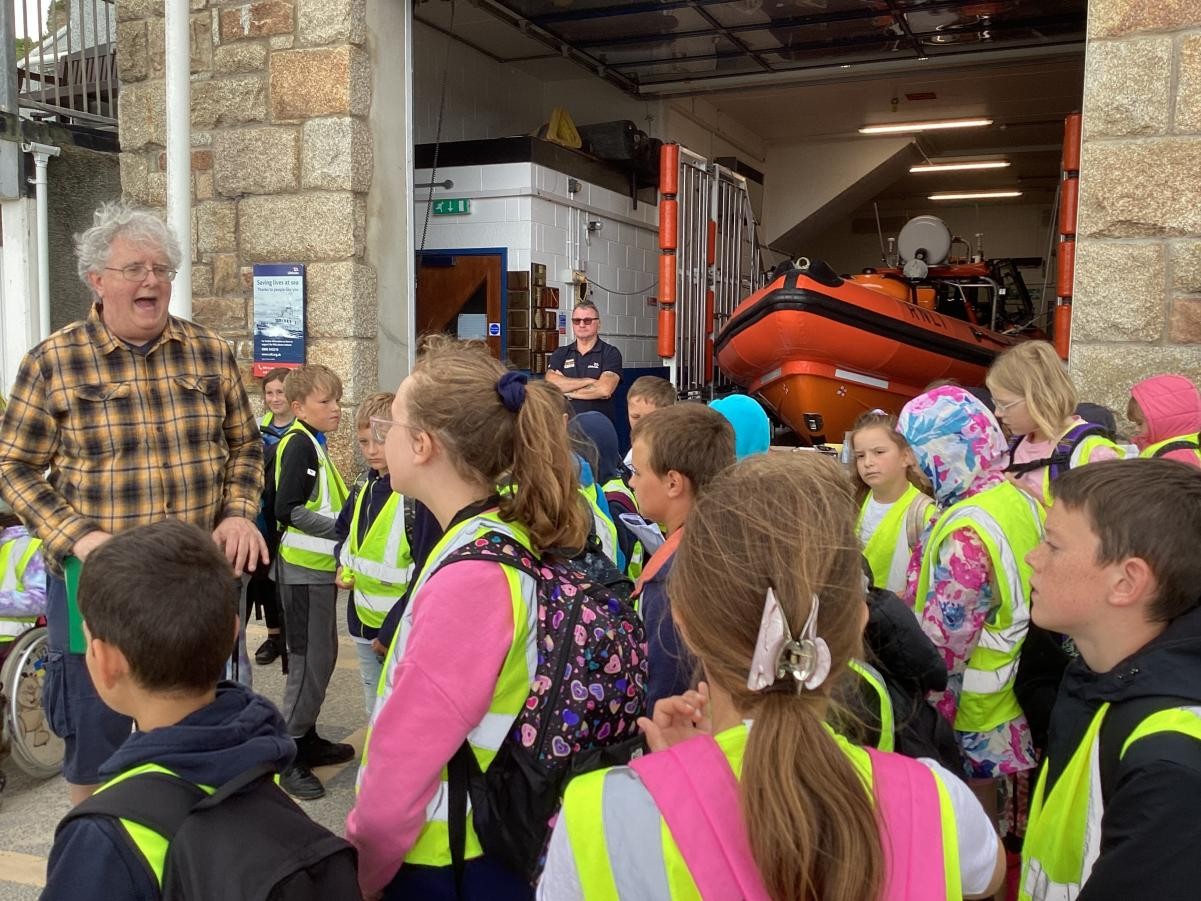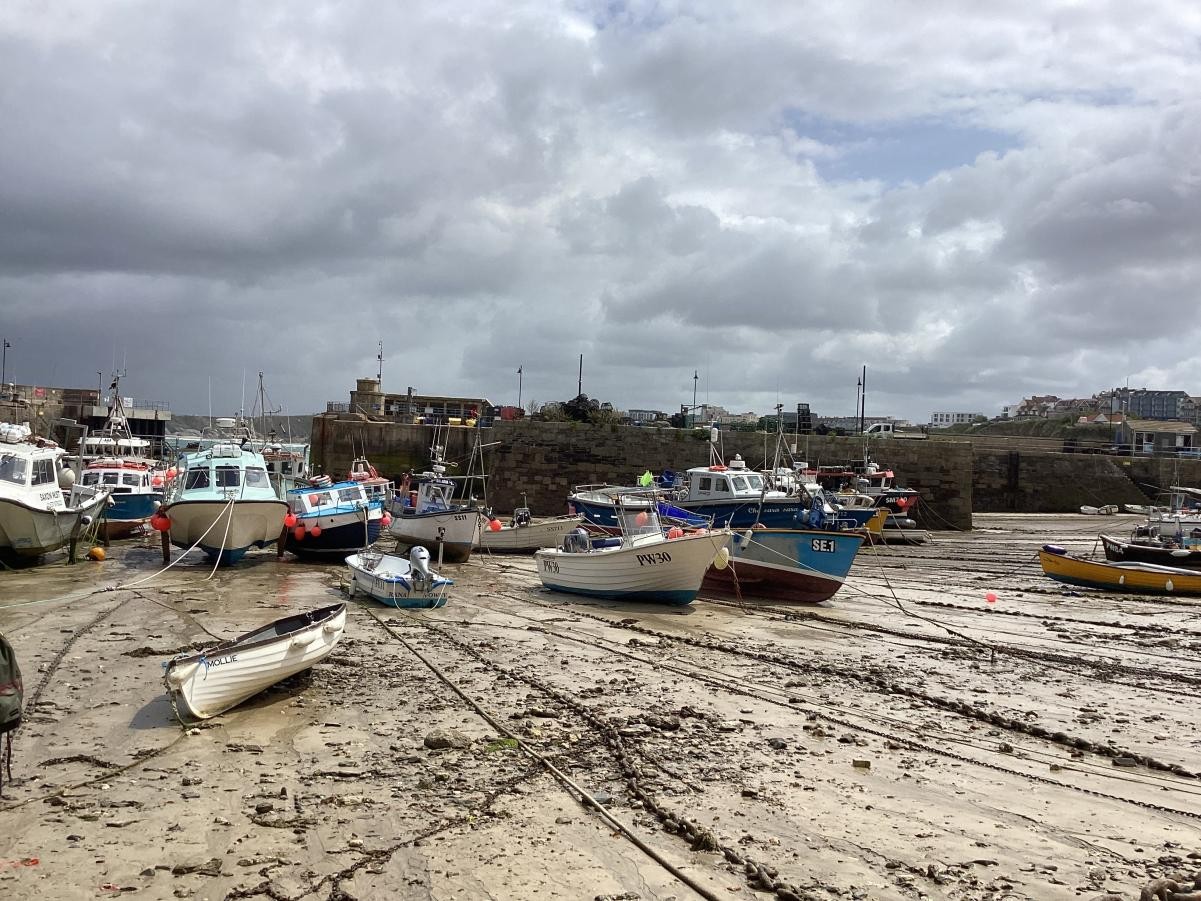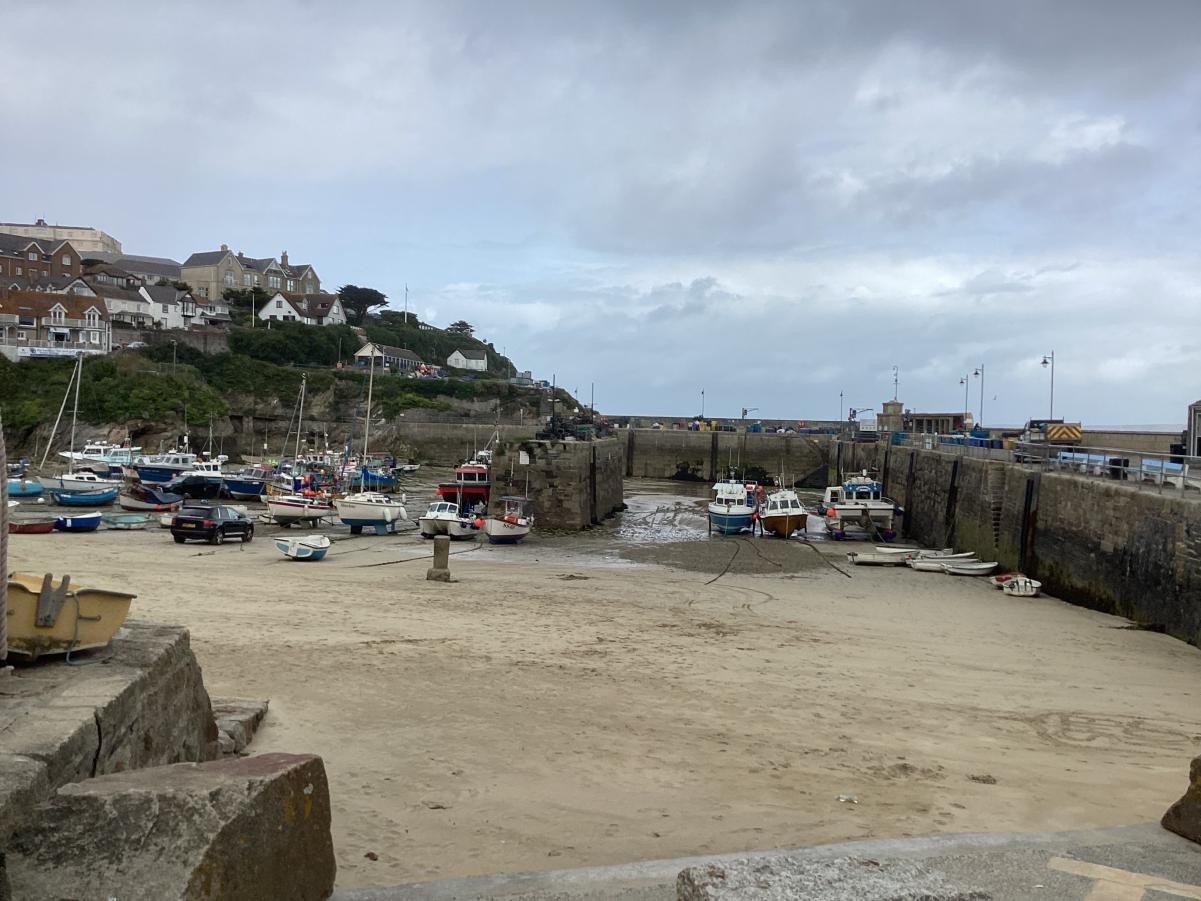Intent
At Indian Queens School our vision is to provide children with opportunities to know that the world is full of wonders worth discovering. Through their growing knowledge and understanding of human geography, children gain an appreciation of, and respect for, life in other cultures. Geography teaching motivates children to find out about the physical world and enables them to recognise the importance of sustainable development for the future of mankind. We intend to equip children with geographical skills to develop their knowledge through studying places, people and natural and human environments. Through our teaching, we intend to provoke thought, questions and to encourage children to discover answers to their own questions through exploration and research to enable them to gain a greater understanding and knowledge of the world and their place in it. We believe that geography should not stop at school; we want to create lifelong geographers who can help to shape the world they live in with respect for diverse cultures and the natural environment.

